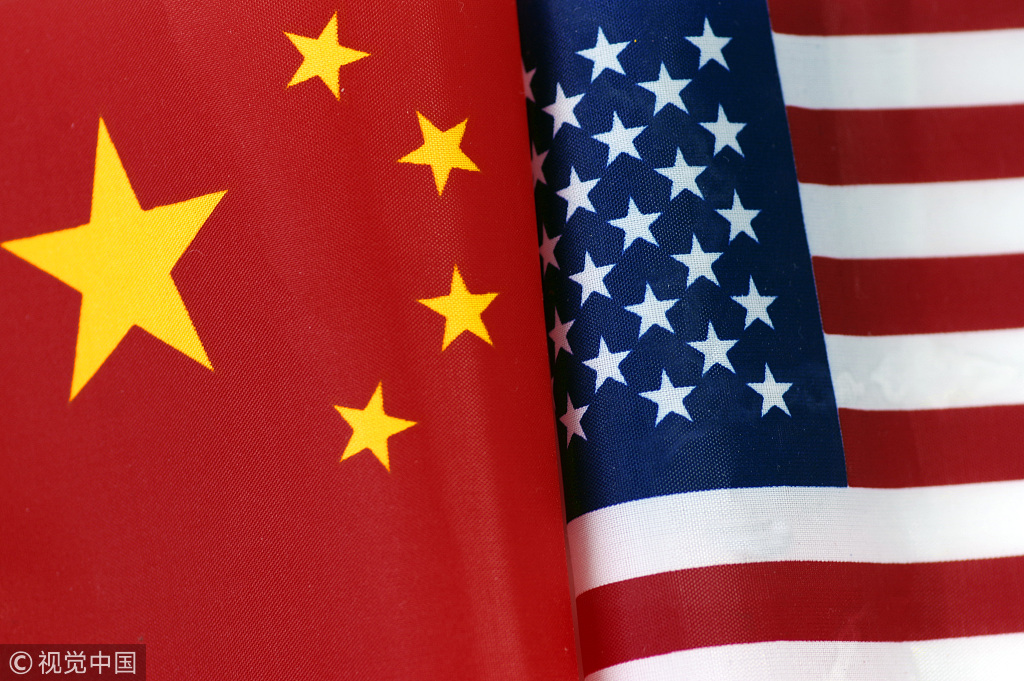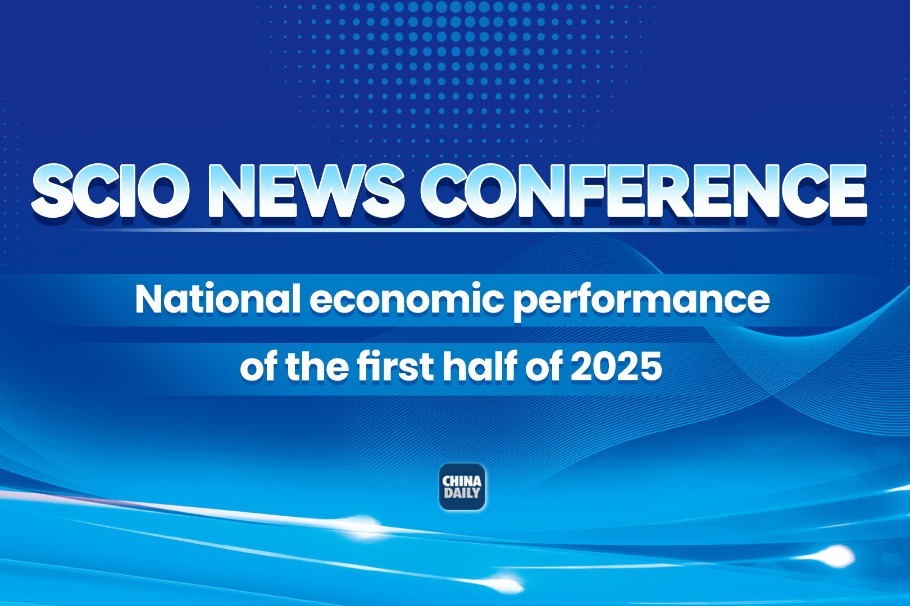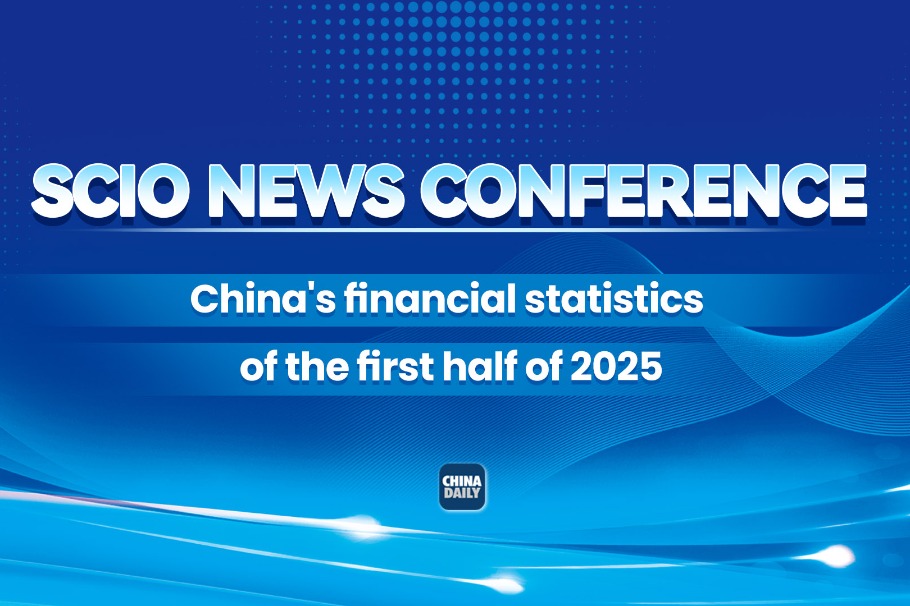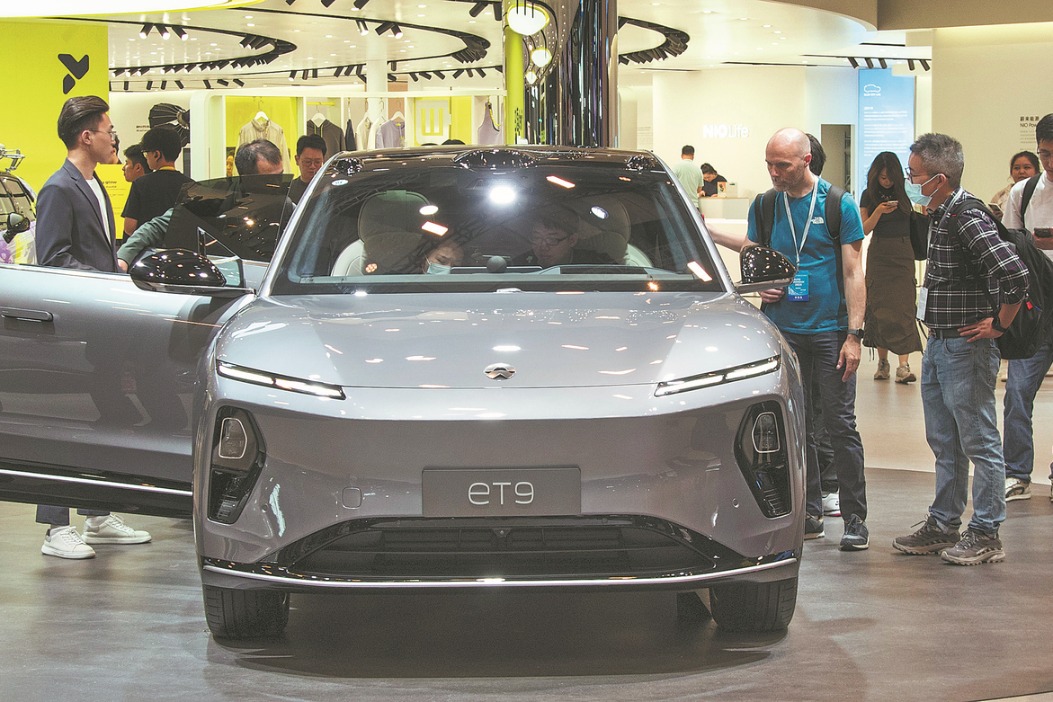US should not blame China for its trade problems


After US President Donald Trump signed an executive memo, slamming $60 billion tariffs on Chinese goods, US Trade Representative Robert Lighthizer said a detailed list would be announced in the near future.
A spokesperson of China's Ministry of Commerce said, "do not use China as an excuse." He said Beijing firmly opposes tariffs, saying "if a trade war were initiated by the US, Beijing will fight to the end."
The US started this trade conflict unilaterally, and this conflict shows how US acts on its hegemonic thinking and zero-sum concept. The question is, what made US confident on its obstinate approach?
The US establishes its fundamental theories based on the "China-US trade deficit." According to statistics by the US Department of Commerce, the China-US trade deficit rose to $375.2 billion in 2017.
However, the US erred by focusing on these superficial statistics. The $375.2 billion is a number summed up from papers and ignores the reality of global economy. In fact, a big part in the price of Chinese goods is the cost of parts purchased from all over the world, and patent fees paid to US companies. It is unreasonable, therefore, to include these costs from the US statistics.
According to China's Ministry of Commerce, the China-US trade surplus in 2017 was $275 billion, a $100 billion less than US statistics. The amount representing the China-US trade deficit is high, but this is caused by US companies proactively moving out of the US in recent decades, which caused the US to shift from a manufacturing country to a country that relies on imports. The problem lies with the US itself, and the US should not blame China for its own failings. It is unfair to ask China to take the blame for the US losing its position in the global value chain.
The US also smeared China by stating the Chinese market is not open enough for US in the "301-report" released by USTR. In China, US branded cellphones, computers, and automobiles are everywhere. The Chinese market contributed to over 20 percent sales for US companies, including the Standard & Poor’s 500 (S&P 500) companies. The Chinese market also represents the fastest gross-sales for US companies. How can US companies have such a sales performance without the open Chinese market?
Sure, a huge portion of US branded goods are manufactured and sold in China and are not counted toward the trade volume. However, this comes from the US companies' investment plans, and the US companies have benefited and earned their profits too.
On the other hand, the US market is limited to Chinese companies and investors, it won't be a surprise to hear Chinese companies' investment plans have been shut down by the US government. In terms of investment, China and US are in such an imbalanced situation. US will only achieve the "re-balanced" trade relationship if US markets opens more to China.
The White House trade adviser has another idea. He admits the US will hit on "Made in China 2025" and worries that the US will not be the innovation leader anymore. This is an outdated theory on China-US trade relations. Innovation usually comes from the change in needs and production pressures.
In today's world, most of the commodities are manufactured and sold in multiple countries, and parts come from all over the world. The industrial system should adapt to the needs of different country’s market.
Therefore, innovation is often a collaboration process. Although the global value chain is changing, it is clear to see what corporations are taking the lead. It is not about the leading country anymore since the world markets are connected. The US would be too outdated if it still thinks it can lead the global innovation solely.
It is easy to see the US used unrealistic expectations, and illogical excuses to bring up the trade conflict topic, and US's confidence is based on nothing but unrealistic expectations.
US President Donald Trump represents populism. A big reason behind his election is his depoliticized image, which is also the cause of pan-politicization influences in US society. Pan-politicization prevented the US administration from seeing the trend of the global economy, which made US administration think it is able to solve structural problems by having aggressive attitude towards trade relations.
If the US decides to impose tariffs on Chinese goods in an aggressive way, it will be surprised by the fact that China has the ability to fight back, aggressively too. After all, the US relies on Chinese merchandise more than China relies on US goods.

































